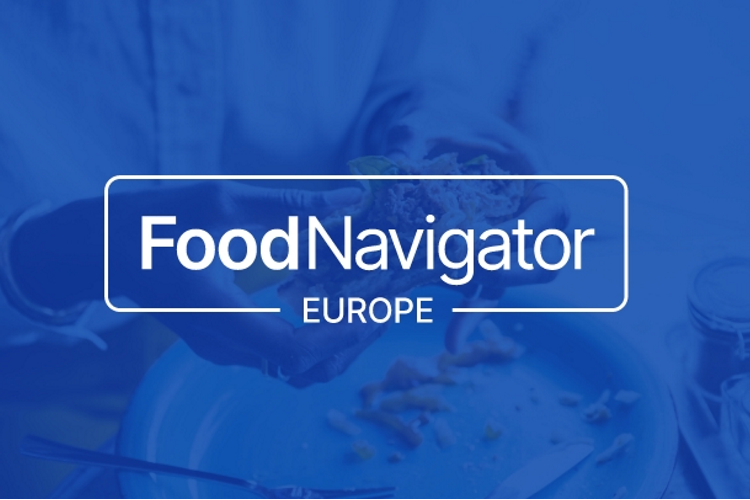Food literacy: Improving food conversations and behaviours
Food Navigator x Dr Courtney Thompson
Supported by: Dairy Australia
As diet-related chronic disease rates rise, and conflicting nutrition messages flood our news, the importance of food education cannot be underestimated.
It’s important to consider food literacy when supporting patient’s understanding of health and wellbeing, taking into consideration the many influencing factors of their dietary choices. In particular, the way different people consume dairy is influenced by many factors of food literacy. As such, to encourage consumption of nutritious foods, such as dairy foods, healthcare professionals need to consider these factors when providing advice.
To learn four simple ways to incorporate food literacy into your consultations, click HERE.
Food literacy emerges as a vital tool in empowering individuals to make informed decisions about their diet and health. Healthcare professionals play a pivotal role in fostering food literacy among patients, particularly concerning dietary choices like dairy consumption. Here’s a summary of key strategies to integrate food literacy into consultations, with a focus on the dairy food group:
Promote Balanced Diets: Encourage patients to embrace balanced diets in line with dietary guidelines, tailored to their preferences, culture, and budget. Remind them of the importance of including dairy products, specifying serving sizes to ensure adequate intake.
Hands-on Learning: Engage patients in practical exercises such as reading food labels and understanding portion sizes, emphasizing the nutritional disparities between dairy and plant-based alternatives. This helps debunk misconceptions and enables informed decision-making.
Initiate Conversations: Start dialogues about patients’ food habits and preferences, acknowledging cultural influences and household dynamics. Tailor advice based on individual circumstances to foster realistic and sustainable dietary changes.
Address Barriers: Collaborate with patients to overcome common obstacles like cost and time constraints by offering practical solutions. Highlight the affordability and nutrient density of dairy products, suggesting budget-friendly alternatives and time-saving meal preparation strategies.
By prioritizing food literacy in consultations, healthcare professionals can empower patients to make healthier dietary choices, ultimately contributing to better overall health outcomes and the prevention of chronic diseases.
Want to know more? Explore our “For Organisation” Hub to discover the publications we’ve advised on.
improving food literacy
Dr Courtney Stewart (RNutr, FHEA)
BNutrSc, BBiomedSc(Hons), PhDDirector, NPR Consulting
